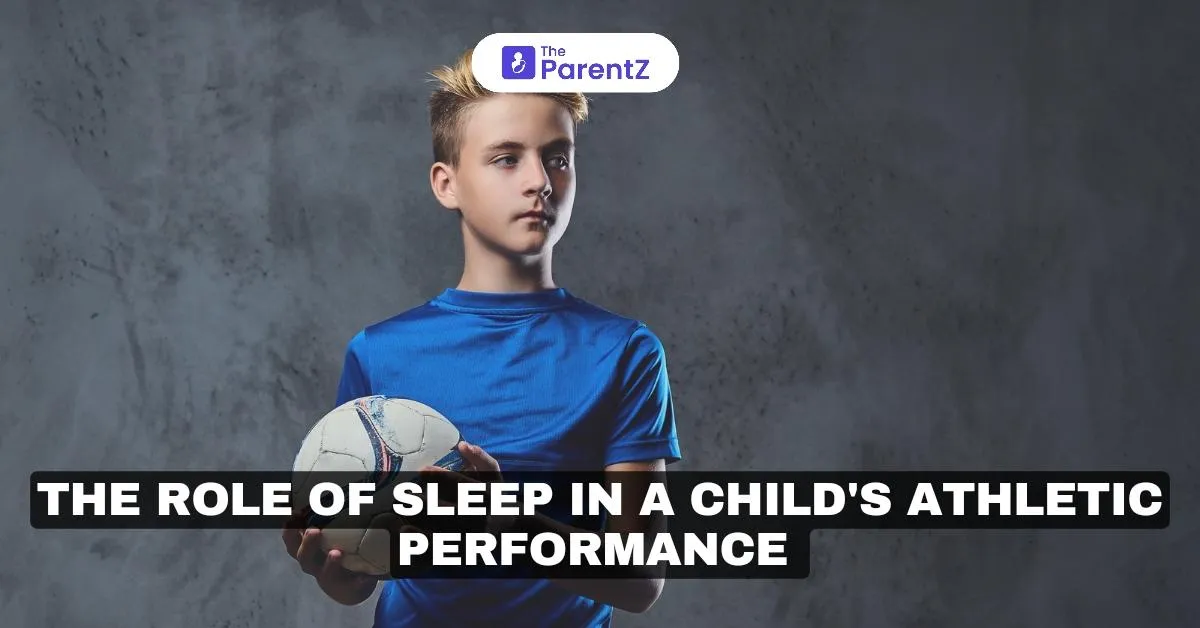For young athletes, achieving peak performance isn’t just about practice and nutrition sleep plays a pivotal role too. Adequate sleep is essential for energy, focus, muscle recovery, and overall athletic development. Children and teenagers, in particular, require more sleep than adults due to the demands of growth and activity.
Why Is Sleep Important for Young Athletes?
Sleep is a critical component of overall health and performance. For children engaged in sports, sleep is even more vital because their bodies are still growing and adapting to physical demands. During sleep, the body performs several important functions:
1. Muscle Repair and Growth
Deep sleep stages trigger the release of growth hormone, which facilitates tissue repair and muscle development, crucial for young athletes.
2. Energy Restoration
Sleep replenishes glycogen stores, the primary energy source for physical activity. A well-rested body has greater endurance and energy levels.
3. Cognitive Function and Focus
Sleep enhances mental sharpness, decision-making, and reaction times—key factors in athletic performance.
4. Injury Prevention
Fatigue caused by insufficient sleep increases the likelihood of injuries during training and competition.
5. Emotional Resilience
Adequate sleep helps regulate mood and reduce stress, which is particularly important for children managing the pressures of sports.
The Impact of Sleep Deprivation on Athletic Performance
When a child doesn’t get enough sleep, the negative effects on their athletic abilities and overall well-being are significant:
1. Reduced Strength and Endurance
Sleep deprivation diminishes energy levels, muscle strength, and stamina, making it harder to perform well during sports.
2. Slower Reaction Times
Poor sleep impairs motor skills and reaction times, increasing the risk of errors or accidents during play.
3. Weakened Recovery
Insufficient sleep hinders muscle repair, prolonging recovery time after training or games.
4. Impaired Learning of Skills
Sports often require mastering techniques, strategies, and coordination. Sleep deprivation disrupts the brain’s ability to consolidate new skills.
5. Increased Risk of Burnout
Chronic fatigue from lack of sleep can lead to mental and physical exhaustion, reducing a child’s enthusiasm for sports.
How Much Sleep Do Young Athletes Need?
The recommended sleep duration for children and adolescents depends on their age:
• 6–12 years: 9–12 hours per night
• 13–18 years: 8–10 hours per night
Athletes in training or during competition periods may benefit from the upper end of these ranges or additional naps to support recovery.
How Sleep Improves Athletic Performance
1. Boosts Physical Performance
Sleep optimizes energy levels, reaction times, and coordination, giving young athletes a competitive edge.
2. Enhances Skill Development
The brain processes and stores information during sleep, improving a child’s ability to learn new techniques or strategies.
3. Improves Recovery and Reduces Inflammation
Adequate sleep speeds up muscle repair and reduces inflammation caused by physical exertion.
4. Supports Immune Health
Restful sleep strengthens the immune system, helping children avoid illnesses that could disrupt training or competitions.
Tips for Ensuring Quality Sleep for Young Athletes
1. Set a Consistent Sleep Schedule
Encourage your child to go to bed and wake up at the same time every day, even on weekends.
2. Create a Sleep-Friendly Environment
Ensure their bedroom is dark, quiet, and cool, with minimal distractions.
3. Limit Screen Time Before Bed
Exposure to screens can interfere with the production of melatonin, a hormone that promotes sleep. Encourage screen-free activities like reading before bed.
4. Encourage Relaxation Techniques
Deep breathing, meditation, or light stretching can help calm the body and mind, making it easier to fall asleep.
5. Monitor Diet and Hydration
Avoid heavy meals, caffeine, or sugary snacks close to bedtime, as these can disrupt sleep.
6. Prioritize Naps if Needed
Short naps during the day can help young athletes recover, especially during periods of intense training.
7. Educate on Sleep’s Importance
Teach children how sleep impacts their performance to motivate them to prioritize rest.
The Role of Parents in Supporting Healthy Sleep
Parents play a critical role in ensuring young athletes get adequate rest:
• Set a positive example by maintaining healthy sleep habits yourself.
• Establish a bedtime routine to help your child wind down.
• Communicate with coaches about the importance of balancing training with adequate rest.
• Monitor your child’s schedule to prevent overcommitment to sports and other activities.
Conclusion
Sleep is a cornerstone of athletic success for children. It not only supports physical recovery and energy restoration but also sharpens cognitive skills, prevents injuries, and promotes emotional resilience. Ensuring your young athlete gets enough quality sleep is as important as their training regimen or diet. By prioritizing sleep, parents can help their children perform at their best and stay healthy on and off the field.
A well-rested athlete is a stronger, faster, and happier athlete—so let sleep be their secret weapon for success!





Be the first one to comment on this story.